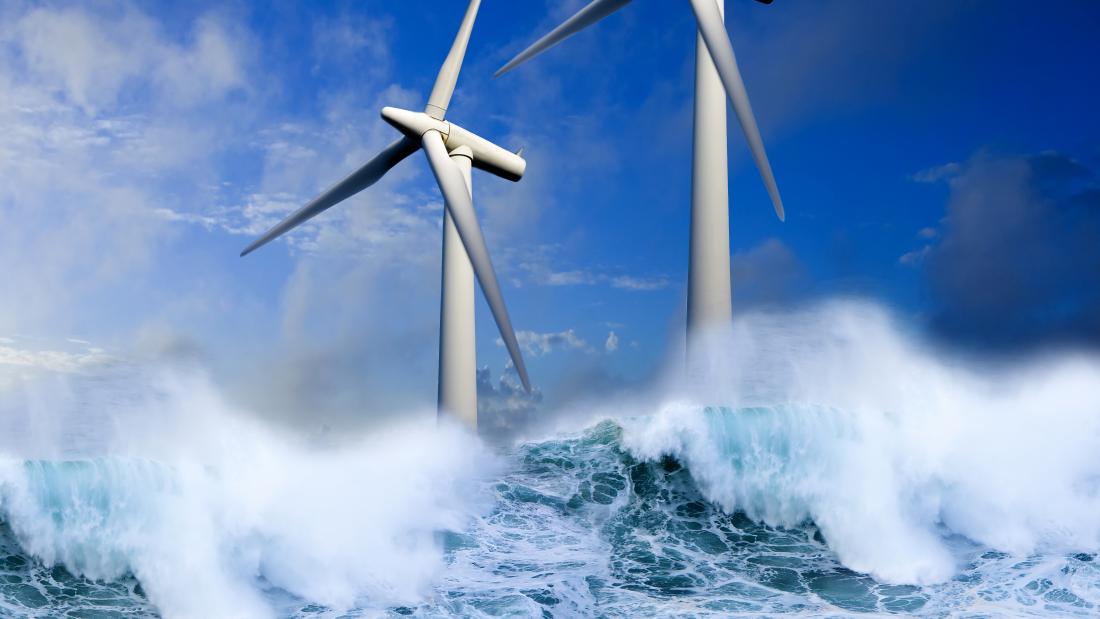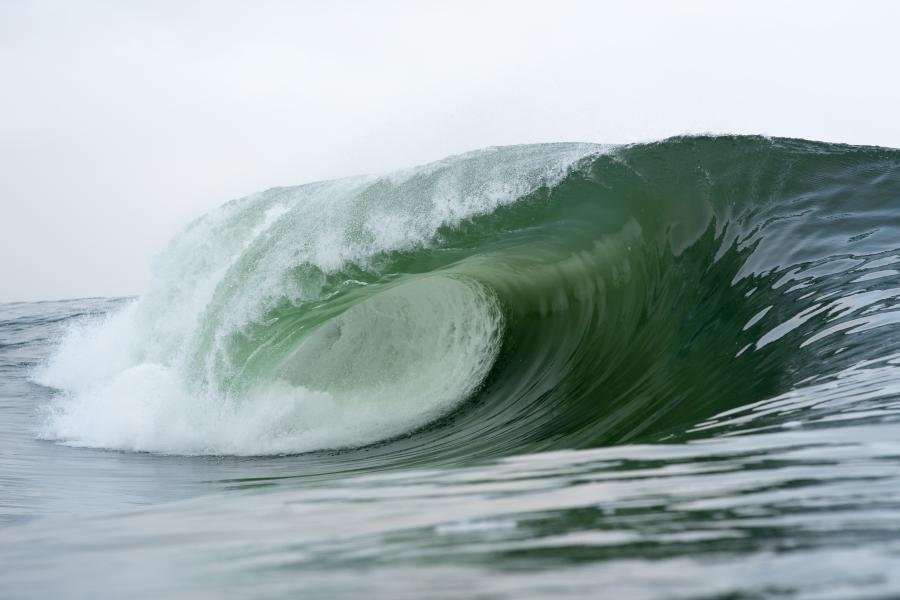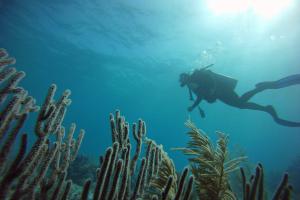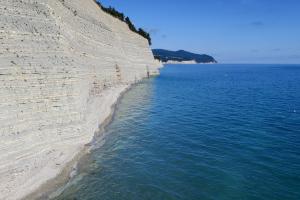Explore Courses Related to Physics
Why Study Physics?
Understanding how the oceans work is key to predicting how our planet is going to respond to our warming climate. It is also important if we are to efficiently harness the huge but largely untapped potential of renewable tidal energy. By studying the physics of the ocean, you will learn about how the ocean works and interacts with other elements of the Earth System, the atmosphere and cryosphere. You will also learn about how to observe the ocean, both from ships and from space, and to develop numerical models for the prediction of the ocean.
You will gain the tools to be able to tackle important problems linked to climate change and to extracting energy from the ocean.
Do you have a question about life as a Bangor University student? Our ambassadors will be happy to help you find the answer.
They can tell you more about studying here, about the amazing Clubs and Societies we have, and how they made friends and settled in to life at university as an Ocean Sciences student.
If you have any questions about the course, our lecturers are on hand to help. Below are some examples of frequently asked questions. Can you think of any more?
- What are the qualities of a successful Ocean Science student at Bangor?
- How can I prepare myself to study Ocean Science at Bangor?
- How will I know that Ocean Science at Bangor is the right choice for me?
Our Research in Physics
Our research focuses on understanding of how the ocean works and interacts with the other components of the Earth System. In particular, our research has led to a step change in our understanding of the continental shelf seas and their role in the Earth System. This includes identifying the factors controlling the partitioning of these seas, and identification of key mechanisms regulating dispersion of freshwater in estuaries and coastal seas.
Current research aims at improving climate and weather predictions, with particular focus on the role of the tides and their evolution over Earth History. We have identified a "super tidal cycle" linked to plate tectonics and the potential role of tides on an early Venus in creating a habitable planet.
Current research also focuses on the extraction of renewable energy from the ocean, particularly associated with the tides, and the potential impacts of energy extraction.
Our research is underpinned by the development and application of state-of-the-art numerical modelling and observational techniques. In particular, we have been at the forefront of developing methods for measuring turbulence in the marine environment for over two decades.
You may also be interested in these related subject areas.
You may also be interested in these related subject areas.







